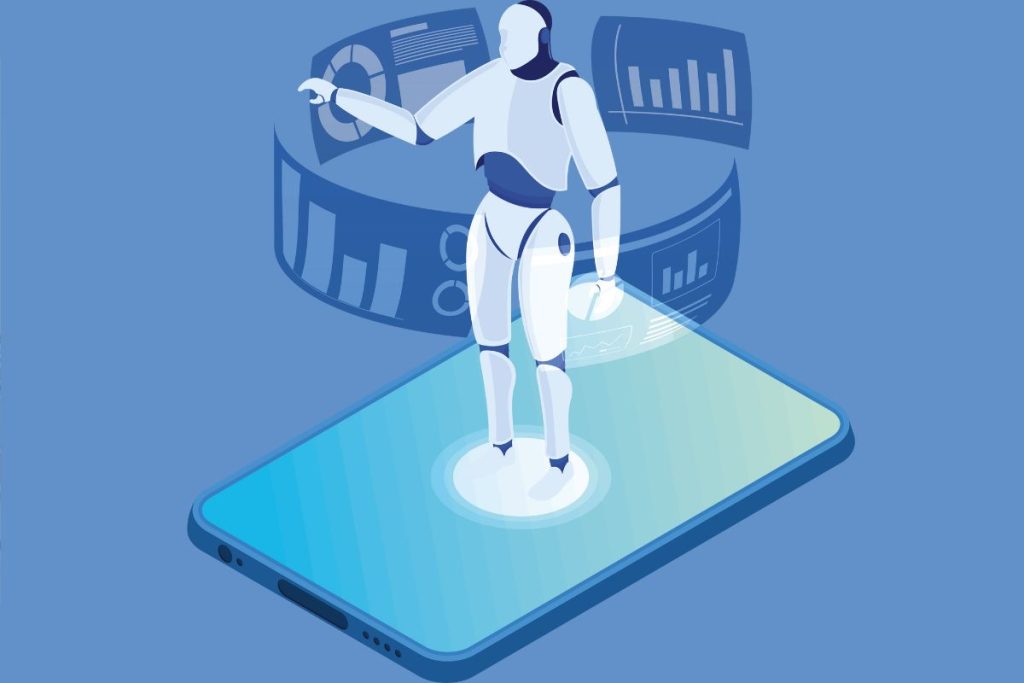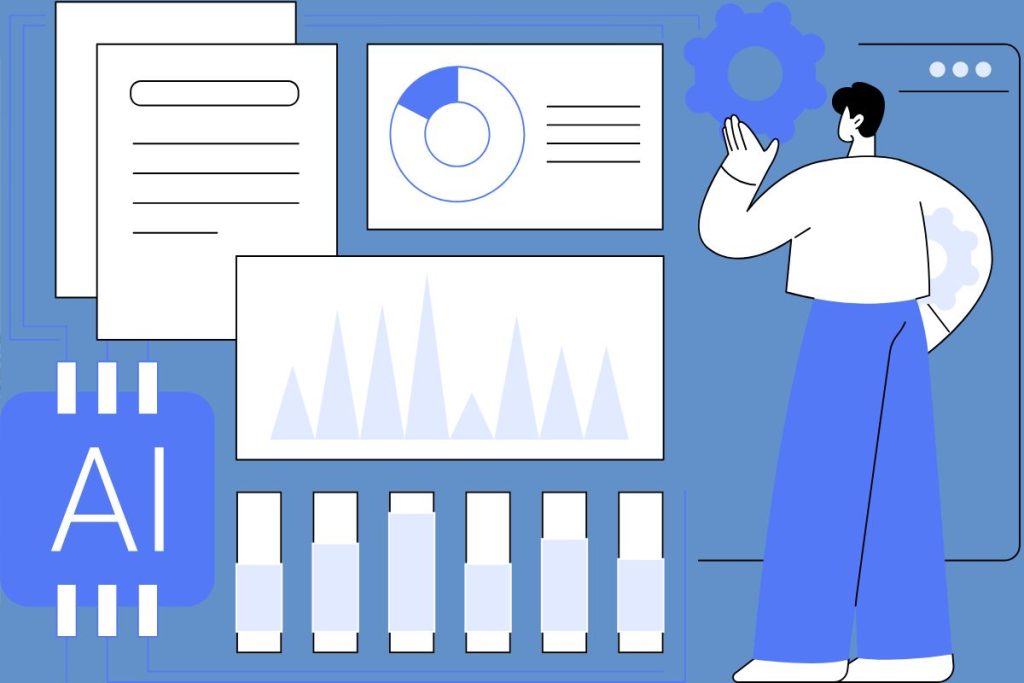The pharmaceutical industry is quite complex. Thus, staying ahead in marketing strategies is more critical than ever.
Artificial intelligence (AI) has emerged as a powerful tool, revolutionizing how pharmaceutical companies engage with healthcare professionals, patients, and the global market.
AI tools for pharmaceuticals are both improving and transforming the foundation of marketing methodologies in this highly regulated sector.
AI’s Role in Targeted Marketing
One of the primary applications of AI in pharmaceutical marketing is the ability to segment and target specific audiences with unprecedented precision.

AI tools for pharmaceuticals analyze vast amounts of data to identify patterns and insights that humans may overlook.
For example, AI can sift through healthcare data to pinpoint which doctors are most likely to be interested in a new medication based on their patient demographics and prescription habits.
This level of targeting helps you deliver more personalized communication, ensuring that the right message reaches the right audience at the right time.
As a result, your marketing campaigns become more effective, increasing the return on investment and ensuring that your innovative treatments make the greatest impact where it matters most.
Improving Customer Interactions with AI
AI is also redefining customer interactions. In the pharmaceutical industry, where understanding customer needs and providing timely information can be a matter of life and death, AI-driven chatbots and virtual assistants are becoming invaluable.
These AI systems can provide healthcare professionals and patients with instant access to medical information, drug interaction warnings, and even support for treatment adherence.
Furthermore, these AI tools are available around the clock, offering consistent and reliable support without the need for extensive human intervention.
This improves customer satisfaction and builds trust and loyalty by ensuring that valuable information is just a query away, anytime and anywhere.
Optimizing Content Delivery Through AI
Content is king, even in pharmaceutical marketing. However, the challenge has always been to deliver relevant content to diverse audiences across various channels.
AI comes into play by optimizing content delivery to maximize engagement.
Machine learning algorithms can analyze which types of content perform best on different platforms and adjust your strategy accordingly.
For instance, AI can determine whether a particular group of healthcare providers responds better to video content than written articles, or if specific topics trend at certain times of the year.
By tailoring content strategies based on these insights, you can ensure that your marketing efforts are impactful, effectively driving awareness and education about your products.
Predictive Analytics for Smarter Campaign Planning
AI excels not only in analyzing historical data but also in forecasting future trends. Predictive analytics tools can forecast demand for specific drugs, anticipate market shifts, and even project the success of a marketing campaign before it launches.
For marketers, this means being able to allocate budgets more effectively, prioritizing channels with the highest ROI, and staying ahead of competitors by launching initiatives aligned with emerging healthcare needs.
Predictive models can also flag potential issues, like low product uptake in specific regions, allowing for preemptive strategy adjustments.
AI in Regulatory Compliance
Finally, AI plays a critical role in ensuring compliance with stringent regulatory requirements in pharmaceutical marketing.

AI systems can monitor and analyze every marketing material and communication to ensure they adhere to the latest regulations.
This includes checking for language that complies with health authority guidelines and flagging potential violations before they are released to the public.
The benefits of AI in this area are twofold: it reduces the risk of non-compliance penalties and maintains the integrity of your marketing efforts, ensuring they are both legal and ethical.
This peace of mind is invaluable, as it allows you to focus on strategy and innovation rather than compliance.
Omnichannel Integration
Modern pharmaceutical marketing spans email, web, mobile, conferences, and face-to-face detailing.
AI helps unify these disparate channels, ensuring that customers receive consistent messaging and experience across all touchpoints.
For example, AI can track a physician’s interactions across platforms and trigger follow-up content based on their interests or behaviors.
This seamless omnichannel experience fosters better engagement, nurtures trust, and ensures that your audience’s journey with your brand is cohesive and compelling from start to finish.
Conclusion: AI as a Catalyst for Transformation
The role of AI in modernizing pharmaceutical marketing strategies is profound.
By integrating AI tools into your marketing efforts, you’re leveraging AI to create more personalized, efficient, and impactful marketing solutions.
AI enables you to better understand and meet your customers’ needs, optimize your marketing tactics, predict market trends, and ensure regulatory compliance —all of which are crucial for success in the competitive pharmaceutical industry.

